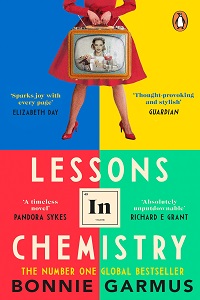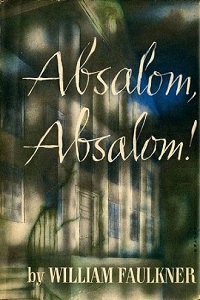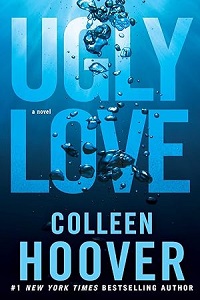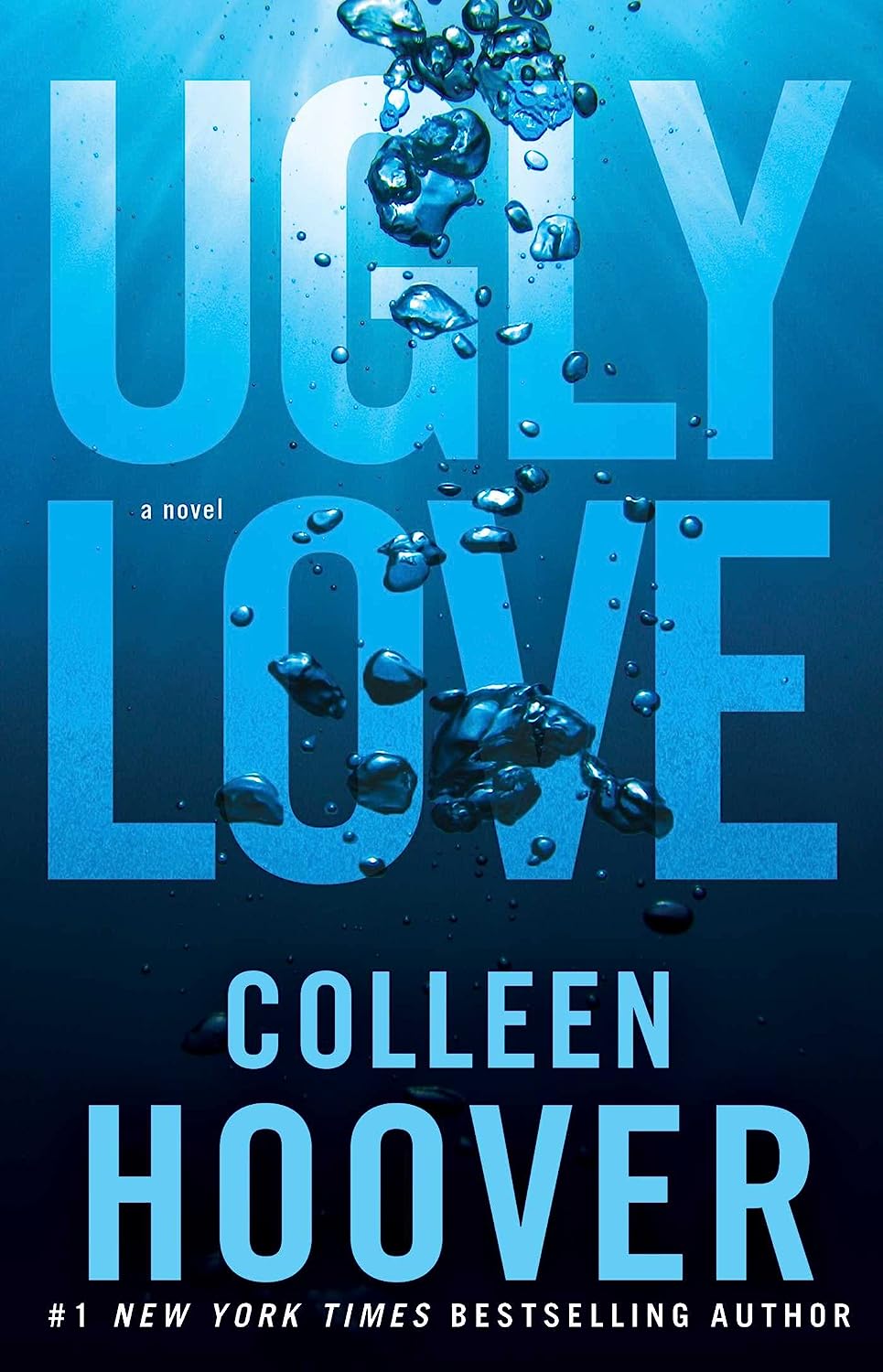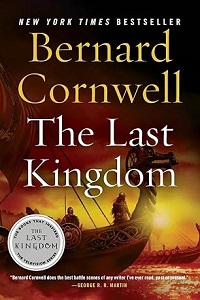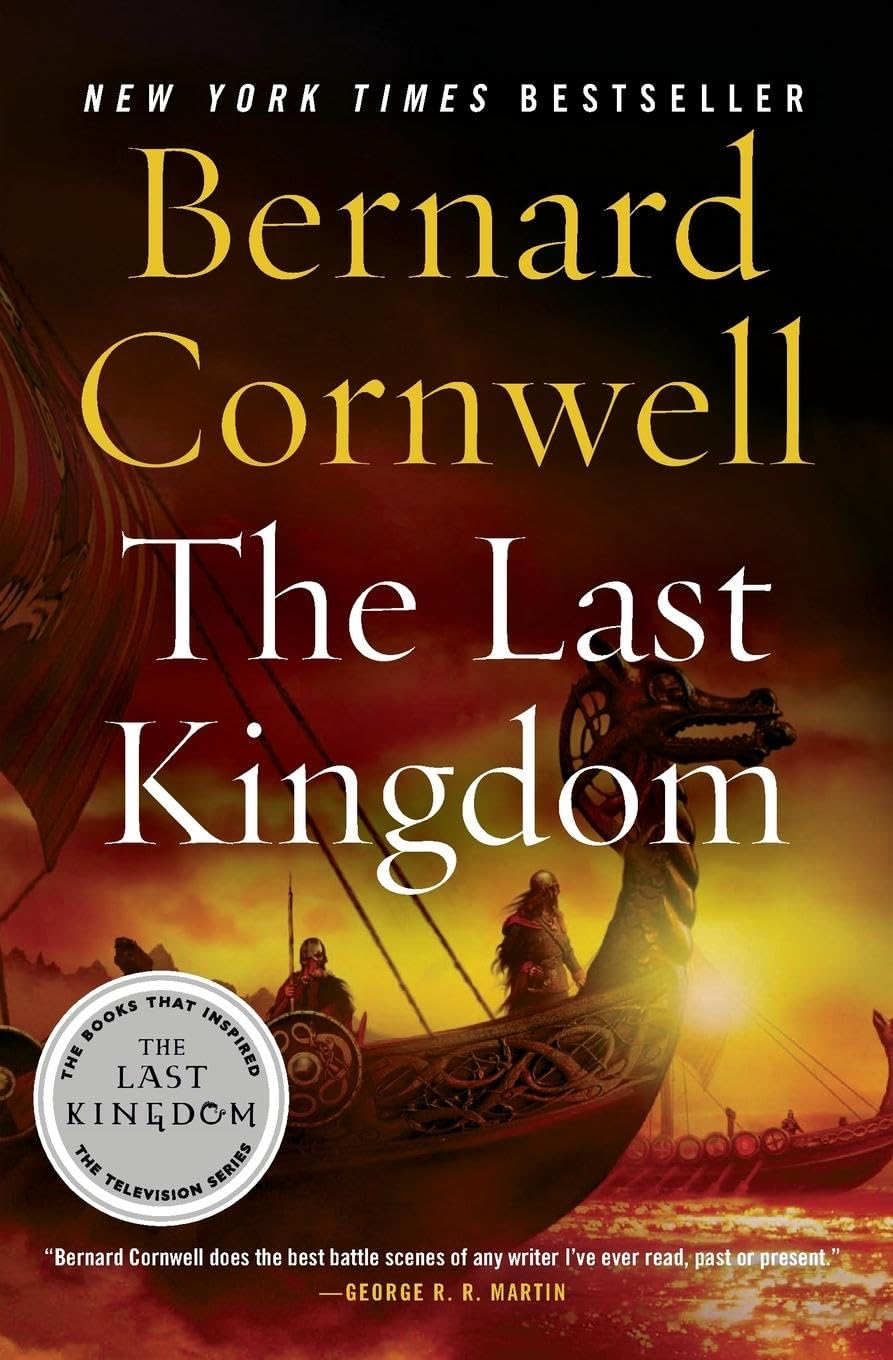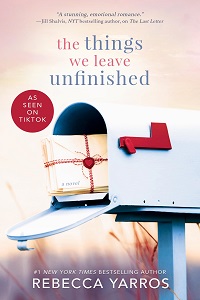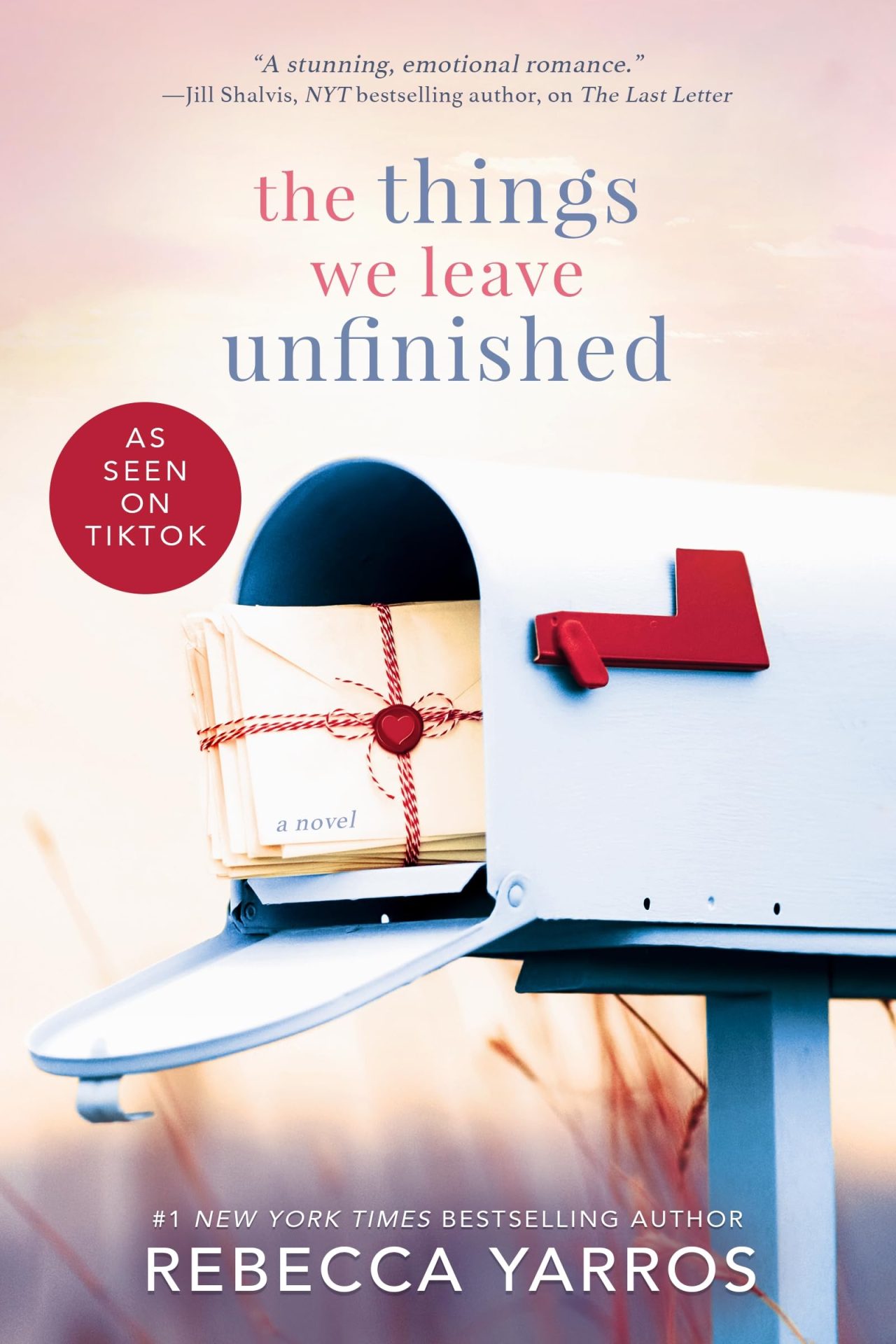Back in 1961, when women wore shirtwaist dresses and joined garden clubs and drove legions of children around in seatbeltless cars without giving it a second thought; back before anyone knew there’d even be a sixties movement, much less one that its participants would spend the next sixty years chronicling; back when the big wars were over and the secret wars had just begun and people were starting to think fresh and believe everything was possible, the thirty-year-old mother of Madeline Zott rose before dawn every morning and felt certain of just one thing: her life was over. Despite that certainty, she made her way to the lab to pack her daughter’s lunch.
Fuel for learning, Elizabeth Zott wrote on a small slip of paper before tucking it into her daughter’s lunch box. Then she paused, her pencil in midair, as if reconsidering. Play sports at recess but do not automatically let the boys win, she wrote on another slip. Then she paused again, tapping her pencil against the table. It is not your imagination, she wrote on a third. Most people are awful. She placed the last two on top. Most young children can’t read, and if they can, it’s mostly words like “dog” and “go.” But Madeline had been reading since age three and, now, at age five, was already through most of Dickens. Madeline was that kind of child–the kind who could hum a Bach concerto but couldn’t tie her own shoes; who could explain the earth’s rotation but stumbled at tic-tac-toe. And that was the problem. Because while musical prodigies are always celebrated, early readers aren’t. And that’s because early readers are only good at something others will eventually be good at, too. So being first isn’t special–it’s just annoying. Madeline understood this. That’s why she made it a point each morning–after her mother had left and while her babysitter neighbor, Harriet, was busy–to extract the notes from the lunch box, read them, then store them with all the other notes that she kept in a shoebox in the back of her closet. Once at school she pretended to be like all the other kids: basically illiterate. To Madeline, fitting in mattered more than anything. And her proof was irrefutable: her mother had never fit in and look what happened to her. It was there, in the Southern Californian town of Commons, where the weather was mostly warm, but not too warm, and the sky was mostly blue, but not too blue, and the air was clean because air just was back then, that she lay in her bed, eyes closed, and waited. Soon she knew there’d be a gentle kiss on her forehead, a careful tuck of covers about her shoulders, a murmuring of “Seize the day” in her ear. In another minute, she’d hear the start of a car engine, a crunch of tires as the Plymouth backed down the drive, a clunky shift from reverse to first. And then her permanently depressed mother would set off for the television studio where she would don an apron and walk out onto a set. The show was called Supper at Six, and Elizabeth Zott was its indisputable star. Chapter 2 Pine Once a research chemist, Elizabeth Zott was a woman with flawless skin and an unmistakable demeanor of someone who was not average and never would be.
She was, as all good stars are, discovered. Although in Elizabeth’s case, there was no malt shop, no accidental bench sighting, no lucky introduction. Instead, it was theft–specifically food theft–that led to her discovery. The story was simple: a child named Amanda Pine, who enjoyed food in a way some therapists consider significant, was eating Madeline’s lunch. This was because Madeline’s lunch was not average. While all the other children gummed their peanut butter and jelly sandwiches, Madeline opened her luncth box to find a thick slice of leftover lasagna, a side helping of buttery zucchini, an exotic kiwi cut into quarters, five pearly round cherry tomatoes, a tiny Morton salt shaker, two still-warm chocolate chip cookies, and a red plaid thermos full of ice-cold milk. These contents were why everyone wanted Madeline’s lunch, Madeline included. But Madeline offered it to Amanda because friendship requires sacrifice, but also because Amanda was the only one in the entire school who didn’t make fun of the odd child Madeline already knew she was. It wasn’t until Elizabeth noticed that Madeline’s clothes began to hang on her bony frame like bad drapes that she began to wonder what was going on. According to her calculations, Madeline’s daily intake was exactly what her daughter required for optimal development, making weight loss scientifically inconceivable. A growth spurt, then? No. She’d accounted for growth in her calculations. Early onset food disorder? Not likely. Madeline ate like a horse at dinner. Leukemia? Definitely not. Elizabeth wasn’t an alarmist–she wasn’t the type who lay awake at night imagining her daughter was plagued by incurable disease. As a scientist, she always sought a sensible explanation, and the moment she met Amanda Pine, her little lips stained a pomodoro-sauce red, she knew she’d found it. “Mr. Pine,” Elizabeth said, sweeping into the local television studio and past a secretary on a Wednesday afternoon, “I’ve been calling you for three days, and not once have you managed the courtesy of a return call. My name is Elizabeth Zott. I am Madeline Zott’s mother–our children attend Woody Elementary together–and I’m here to tell you that your daughter is offering my daughter friendship under false pretenses.” And because he looked confused, she added, “Your daughter is eating my daughter’s lunch.” “L-lunch?” Walter Pine managed, as he took in the woman who stood resplendent before him, her white lab coat casting an aura of holy light save for one detail: the initials “E.Z.” emblazoned in red just above the pocket. “Your daughter, Amanda,” Elizabeth charged again, “eats my daughter’s lunch. Apparently, it’s been going on for months.” Walter could only stare. Tall and angular, with hair the color of burnt buttered toast pulled back and secured with a pencil, she stood, hands on hips, her lips unapologetically red, her skin luminous, her nose straight. She looked down at him like a battlefield medic assessing whether or not he was worth saving. “And the fact that she pretends to be Madeline’s friend to get her lunch,” she continued, “is absolutely reprehensible.” “Wh-who are you again?” stammered Walter. “Elizabeth Zott!” she barked back. “Madeline Zott’s mother!” Walter nodded, trying to understand. As a longtime producer of afternoon television, he knew drama. But this? He continued to stare. She was stunning. He was literally stunned by her. Was she auditioning for something? “I’m sorry,” he finally said. “But all the nurse roles have been cast.” “I beg your pardon?” she snapped. There was a long pause. “Amanda Pine,” she repeated. He blinked. “My daughter? Oh,” he said, suddenly nervous. “What about her? Are you a doctor? Are you from the school?” He leapt to his feet. “Good god, no,” Elizabeth replied. “I’m a chemist. I’ve come all the way over here from Hastings on my lunch hour because you’ve failed to return my calls.” And when he continued to look baffled, she clarified. “Hastings Research Institute? Where Groundbreaking Research Breaks Ground?” She exhaled at the vacuous tagline. “The point is, I put a great amount of effort into making a nutritious lunch for Madeline–something that I’m sure you also strive to do for your child.” And when he continued to stare at her blankly, she added, “Because you care about Amanda’s cognitive and physical development. Because you know such development is reliant on offering the correct balance of vitamins and minerals.” “The thing is, Mrs. Pine is–” “Yes, I know. Missing in action. I tried to contact her but was told she lives in New York.” “We’re divorced.” “Sorry to hear, but divorce has little to do with lunch.” “It might seem that way, but–” “A man can make lunch, Mr. Pine. It is not biologically impossible.” “Absolutely,” he agreed, fumbling with a chair. “Please, Mrs. Zott, please sit.” “I have something in the cyclotron,” she said irritably, glancing at her watch. “Do we have an understanding or not?” “Cyclo–” “Subatomic particle accelerator.” Elizabeth glanced at the walls. They were filled with framed posters advertising melodramatic soap operas and gimmicky game shows. “My work,” Walter said, suddenly embarrassed by their crassness. “Maybe you’ve seen one?” She turned back to face him. “Mr. Pine,” she said in a more conciliatory manner, “I’m sorry I don’t have the time or resources to make your daughter lunch. We both know food is the catalyst that unlocks our brains, binds our families, and determines our futures. And yet . . .” She trailed off, her eyes growing narrow as she took in a soap opera poster featuring a nurse giving a patient some unusual care. “Does anyone have the time to teach the entire nation to make food that matters? I wish I did, but I don’t. Do you?” As she turned to leave, Pine, not wanting her to go or fully understanding what he was about to hatch, said quickly, “Wait, please just stop–please. What–what was that thing you just said? About teaching the whole nation how to make food that–that matters?” Supper at Six debuted four weeks later. And while Elizabeth wasn’t entirely keen on the idea–she was a research chemist–she took the job for the usual reasons: it paid more and she had a child to support. From the first day Elizabeth donned an apron and walked onto the set, it was obvious: she had “it,” the “it” being that elusive, entirely watchable quality. But she was also a person of substance–someone so forthright, so no-nonsense that people didn’t know what to make of her. While other cooking shows featured good-natured chefs gleefully tipping back the sherry, Elizabeth Zott was serious. She never smiled. She never made jokes. And her dishes were as honest and down-to-earth as she was. Within six months, Elizabeth’s show was a rising star. Within a year, an institution. And within two years, it had proven its uncanny power not only to unite parents with their children, but citizens with their country. It is not an exaggeration to say that when Elizabeth Zott finished cooking, an entire nation sat down to eat. Even Vice President Lyndon Johnson watched her show. “You want to know what I think?” he said as he waved off a persistent reporter. “I think you ought to write less and watch TV more. Start with Supper at Six–that Zott, she knows what she’s doing.” And she did. You’d never find Elizabeth Zott explaining how to make tiny cucumber sandwiches or delicate soufflés. Her recipes were hearty: stews, casseroles, things made in big metal pans. She stressed the four food groups. She believed in decent portions. And she insisted that any dish worth making was worth making in under an hour. She ended every show with her signature line: “Children, set the table. Your mother needs a moment to herself.” But then a prominent reporter wrote an article entitled “Why We’ll Eat Whatever She Dishes Out” and, in passing, referred to her as “Luscious Lizzie,” a nickname that, because it was both apt and alliterative, stuck to her as quickly as it did the paper it was printed on. From that day forward, strangers called her Luscious, but her daughter, Madeline, called her Mom, and although she was just a child, Madeline could already see that the nickname belittled her mother’s talents. She was a chemist, not a TV cook. And Elizabeth, self-conscious in front of her only child, felt ashamed. Sometimes Elizabeth lay in bed at night and wondered how her life had come to this. But the wonder never lasted long because she already knew. His name was Calvin Evans. Chapter 3 Hastings Research Institute Ten Years Earlier, January 1952 Calvin Evans also worked at Hastings Research Institute, but unlike Elizabeth, who worked in crowded conditions, he had a large lab all to himself. Based on his track record, maybe he deserved the lab. By age nineteen, he had already contributed critical research that helped famed British chemist Frederick Sanger clinch the Nobel Prize; at twenty-two, he discovered a faster way to synthesize simple proteins; at twenty-four, his breakthrough concerning the reactivity of dibenzoselenophene put him on the cover of Chemistry Today. In addition, he’d authored sixteen scientific papers, received invitations to ten international conferences, and had been offered a fellowship at Harvard. Twice. Which he turned down. Twice. Partly because Harvard had rejected his freshman application years earlier, and partly because–well, actually, there was no other reason. Calvin was a brilliant man, but if he had one flaw, it was his ability to hold a grudge. On top of his grudge holding, he had a reputation for impatience. Like so many brilliant people, Calvin just couldn’t understand how no one else got it. He was also an introvert, which isn’t really a flaw but often manifests itself as standoffishness. Worst of all, he was a rower. As any non-rower can tell you, rowers are not fun. This is because rowers only ever want to talk about rowing. Get two or more rowers in a room and the conversation goes from normal topics like work or weather to long, pointless stories about boats, blisters, oars, grips, ergs, feathers, workouts, catches, releases, recoveries, splits, seats, strokes, slides, starts, settles, sprints, and whether the water was really “flat” or not. From there, it usually progresses to what went wrong on the last row, what might go wrong on the next row, and whose fault it was and/or will be. At some point the rowers will hold out their hands and compare calluses. If you’re really unlucky, this could be followed by several minutes of head-bowing reverence as one of them recounts the perfect row where it all felt easy. Other than chemistry, rowing was the only thing Calvin had true passion for. In fact, rowing is why Calvin applied to Harvard in the first place: to row for Harvard was, in 1945, to row for the best. Or actually second best. University of Washington was the best, but University of Washington was in Seattle and Seattle had a reputation for rain. Calvin hated rain. Therefore, he looked further afield–to the other Cambridge, the one in England, thus exposing one of the biggest myths about scientists: that they’re any good at research. The first day Calvin rowed on the Cam, it rained. The second day it rained. Third day: same. “Does it rain like this all the time?” Calvin complained as he and his teammates hoisted the heavy wooden boat to their shoulders and lumbered out to the dock. “Oh never,” they reassured him, “Cambridge is usually quite balmy.” And then they looked at one another as if to confirm what they had already long suspected: Americans were idiots. –This text refers to an alternate kindle_edition edition. | 
